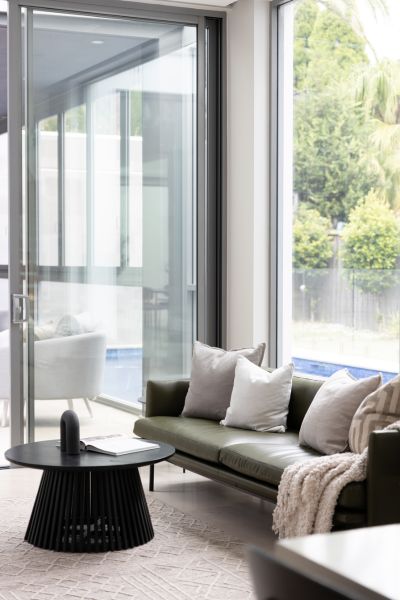In recent years, the rise of "fast furniture" has become a growing concern for the environment and sustainability. Fast furniture refers to cheaply made, disposable furniture that is designed to be replaced frequently. However, this trend is slowly being replaced by a more sustainable option: Furniture as a Service (FaaS). In this article, we will explore why fast furniture is out and FaaS is the way to go.
.jpg)
First and foremost, fast furniture is a significant contributor to the growing waste problem. Furniture that is cheaply made and quickly disposed of creates a considerable amount of waste that ends up in landfills. In contrast, FaaS offers a more sustainable solution by reducing the amount of waste produced. Instead of throwing away old furniture, Faas providers collect and refurbish it to be reused or repurposed, thereby reducing the overall waste produced.
.jpg)
Furthermore, FaaS offers a more sustainable approach to furniture manufacturing. With fast furniture, the emphasis is on producing as much furniture as possible at the lowest cost. This results in low-quality materials that quickly deteriorate and must be replaced frequently. FaaS, on the other hand, utilises higher quality, durable materials that can be reused and refurbished. This approach helps to reduce the need for constant manufacturing and lowers the carbon footprint of the furniture industry.
In addition, FaaS allows consumers to reduce their overall carbon footprint by promoting a circular economy. Instead of purchasing new furniture every time they move or redecorate, consumers can rent furniture as needed. This approach reduces the number of resources required for furniture production and transportation, reducing the carbon emissions associated with the furniture industry.
.jpg)
Another benefit of FaaS is that it provides consumers with more flexibility and convenience. With traditional furniture purchasing, consumers with the option to rent furniture as needed, allowing them to adapt their living space to their current needs. This approach reduces the amount of furniture that ends up in landfills and provides a most sustainable alternative.

In conclusion, the trend towards fast furniture is out, and FaaS is the way to go. FaaS offers a more sustainable approach to furniture manufacturing and reduces the overall waste produced. Additionally, FaaS promotes a circular economy, which reduces the carbon footprint of the furniture industry. Lastly, FaaS provides consumers with more flexibility and convenience, making it an excellent alternative to traditional furniture purchasing. By choosing FaaS over Fast Furniture, we can reduce our impact on the environment and promote a more sustainable future.